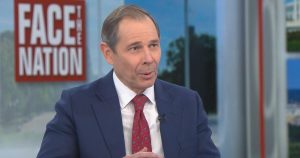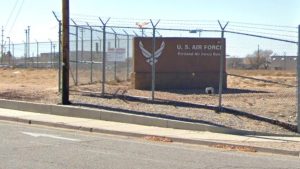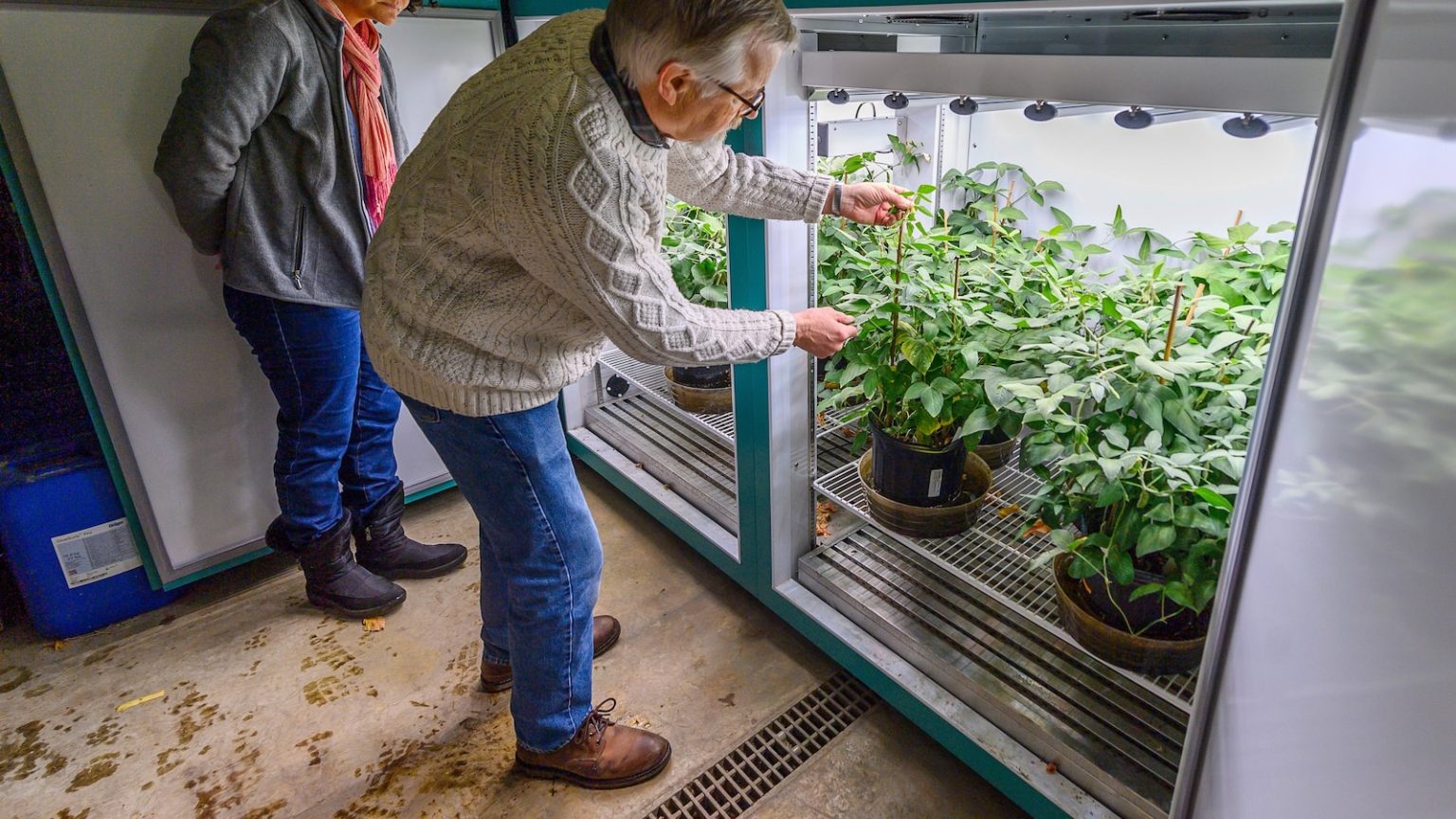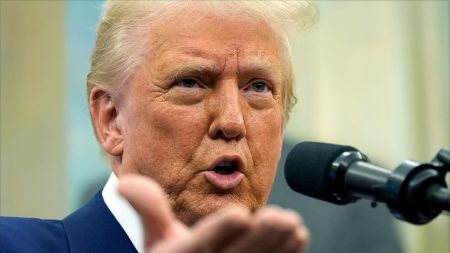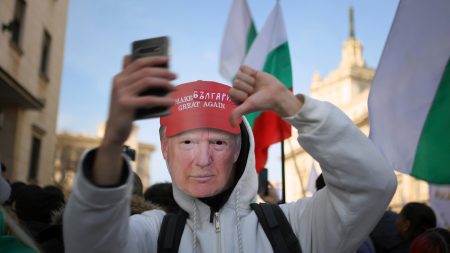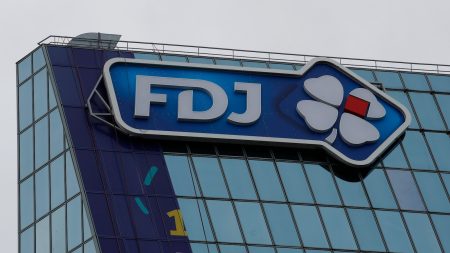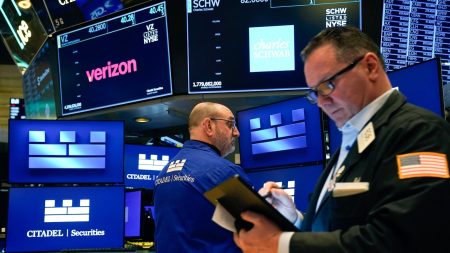The Human Toll of USAID Funding Freeze: A Story of Lives Disrupted
1. A Nation in Crisis: The Executive’s Heart-Wrenching Dilemma
In a quiet office of a U.S. supply-chain company, an executive sits with a heavy heart, preparing for another round of Calls. These aren’t just any Calls; they’re the kind that shatter lives. The executive’s voice trembles as they deliver the devastating news: employees are losing their jobs. The Trump administration’s abrupt freeze on foreign assistance has left the company reeling. Contracts halted, payments stopped, and the once-thriving business is now on the brink of collapse. This executive isn’t just a number or a name; they’re a person grappling with the moral weight of pink slips and the uncertain future of their team. The freeze isn’t just an administrative decision; it’s a real-life crisis unfolding in boardrooms and living rooms across America.
2. Hearts and Harvests: A Farmer’s Fear for a Hungry World
Tom Waters, a farmer from Missouri, stands in his fields, reflecting on the wisdom passed down from his grandfather: "People get hungry, they’ll fight." For generations, Waters’ family has tilled the soil, proud to contribute to feeding the world. USAID programs, a staple since the Kennedy era, have been a reliable customer for American farmers. But now, the freeze threatens this vital lifeline. Waters worries that more than just his livelihood is at stake; global stability hangs in the balance. As he looks out over his fields of corn, soybeans, and wheat, he fears not just for his farm, but for the world his grandfather understood. Hunger, he knows, can lead to conflict, and the USAID cuts are sowing seeds of uncertainty.
3. A Legacy Lost: HIAS and the End of a Mission
In Maryland, the offices of HIAS, a nonprofit founded by Jewish refugees fleeing persecution, are quiet with the weight of closure. For over 120 years, HIAS has been a beacon of hope, aiding refugees and vulnerable populations worldwide. Mark Hetfield, its president, recalls how the organization thrived during Trump’s first term, recognizing the wisdom of preventing refugees from being forced to flee. But now, 60% of their funding is gone, vanished in an instant. "It’s not a suspension," Hetfield says, his voice laced with bitterness. "That’s a lie." The furloughs have begun, and the once vibrant halls are now filled with the echoes of goodbye. HIAS’ story is more than a budget cut; it’s the end of a legacy built on compassion.
4. The Ripple Effect: U.S. Businesses and Nonprofits in Peril
The impact of the USAID funding freeze stretches far beyond individual stories; it’s a seismic wave crashing over industries. Thousands of American businesses, from supply chains to farming, are scrambling to stay afloat. Keith Ives, a Marine veteran turned data analyst, knows this pain. His nonprofit, Causal Design, has lost 70% of its work. "It was an obsession," Ives admits, describing the paralysis of anxiety as he faced laying off half his staff. As he breaks the news on all-staff calls, he feels the weight of broken partnerships and a nation’s lost influence. "You could just be gone tomorrow," he warns, a sentiment echoed by workers across America.
5. Seeds of Doubt: The Future of Food Security
At the University of Illinois, the Soybean Innovation Lab is a testament to American ingenuity, helping U.S. farmers expand their reach into 31 countries. But come April, unless a miracle happens, its doors will close. Peter Goldsmith, the lab’s director, fears more than just the loss of his work; he fears the vacuum left behind. "What will fill that vacuum?" he asks, knowing that other global powers are ready to step in. The lab’s closure isn’t just a setback; it’s a blow to food security and American influence. Goldsmith worries about the ripple effects on global stability and the future of U.S. leadership in agriculture.
6. When the Breadbasket Closes: A Farm’s Uncertain Future
Tom Waters looks at his fields, proud of the role his farm plays in feeding the world. Yet, the uncertainty looms large. USAID has long been a steady customer, but now, that reliability is gone. Waters knows the impact is more than financial; it’s about trust and partnerships. "I think for years to come, when we try to flex, people are going to go, ‘Yeah, but like, remember 2025?’" says Keith Ives, reflecting on the long-term damage. As the sun sets on Waters’ farm, he can’t help but wonder if the world will remember America as a reliable partner or as a nation that turned its back in times of need. The future is uncertain, but one thing is clear: the consequences of this decision will be felt for years to come.

